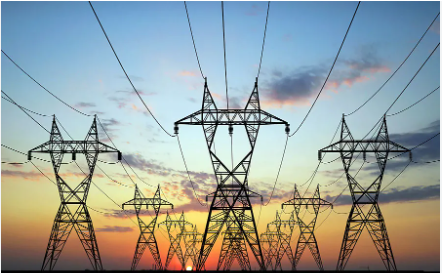The electricity distribution companies raised their monthly revenue from N95bn in January to N100bn in March 2024 despite low power generation in several parts of the nation.
According to new data released by the Nigerian Electricity Regulatory Commission, N97bn revenue was generated in February, a time when the country experienced a huge drop in power supply.
In January, Nigeria was thrown into nationwide blackouts due to gas shortages as gas companies refused to supply gas to electricity-generating companies due to unpaid debts.
The power generation that had been dangling around 4,000MW dropped drastically below 2,500MW at a point, affecting the capacity of the distribution companies to supply electricity to their consumers.
Data from the NERC showed Discos received 2,577 gigawatt-hours of power and billed 2,072GWh of the energy received, recording 80 per cent billing efficiency in January.
The data showed that N130.9bn was the total billing, while the total revenue collected stood at N95bn, representing 72 per cent billing efficiency. The allowed average tariff rate in the month was N59.89k per kilowatt-hour, and the actual average collection was N36.97k/KWh.
Total energy received by the Discos in February dropped to 2,149GWh, out of which 1,759GWh was billed by the Discos, adding that N97bn revenue was collected from N113bn billings.
The 1,975GWh energy was billed in March from the 2,468GWh received, while N100bn was generated from N126.5bn billings.
The rise in revenue also correlates with the tariff increase, as the NERC said the allowed average tariff for March was N62.73k/KWh while the actual average collection was N40.69k/KWh.


